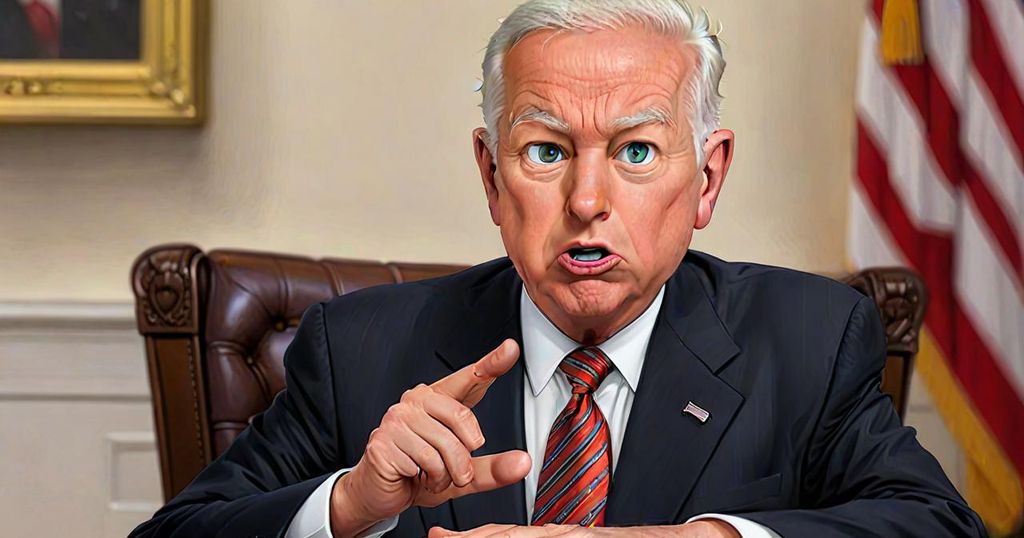President Joe Biden, currently facing increased scrutiny regarding his capabilities, has reportedly privately acknowledged the crucial nature of the upcoming days for his reelection campaign, as reported by CNN. Despite his public insistence on remaining in the race, historical precedence suggests that he would not be the first president to forego seeking reelection if he ultimately makes that decision. In 1968, Lyndon B. Johnson shocked the nation by announcing that he would not seek another term, marking a pivotal moment in presidential history.
At nearly 60 years old when he made this announcement, Johnson delivered a profound speech that continues to resonate even today. His decision not to seek another term came during a time of deep political turmoil and division.
In the spring of 1968, Johnson faced a myriad of challenges for the Democratic nomination, amidst escalating racial tensions in the US and a country deeply divided over the war in Vietnam, which had diminished his popularity. The Tet Offensive in Vietnam revealed the strength of Communist forces, and American casualties in the war continued to rise. In New Hampshire, Johnson narrowly won the primary against the anti-war candidate, Senator Eugene McCarthy. A pivotal moment occurred with the entrance of Senator Robert F. Kennedy, the late president’s brother, into the presidential race, further complicating Johnson’s bid for reelection.
However, it was not just political turmoil that led to Johnson’s withdrawal. The president’s health was a significant factor. Mark Updegrove, a presidential historian and CEO of the LBJ Foundation, offers insights into the President’s decision. He highlighted that, like Biden, Johnson took his health into account before seeking another term in the White House, debunking the misconception that LBJ’s decision was solely driven by controversy over the war in Vietnam. Concerns about his health, due to a near-fatal heart attack in 1955 and a family history of fatal heart disease, were his primary considerations.
The year 1968 proved to be one of the most tumultuous in US history. Johnson’s withdrawal was followed by the assassinations of Martin Luther King Jr. and Senator Robert F. Kennedy, contributing to a period of upheaval and uncertainty. Crucial lessons for the future of the Democratic Party can be gleaned from the unfolding events of 1968.
Ultimately, Johnson’s vice president, Hubert Humphrey, was chosen as the Democratic nominee at the convention held in Chicago, while riots raged in the streets outside. In the subsequent election, the appeal of independent candidate George Wallace led to significant shifts in voting patterns.
Reflecting on Johnson’s legacy, we discern a president who, amidst a profoundly transformative period, enacted landmark civil rights legislation, secured his own reelection, and brought about major societal changes. However, these accomplishments led to a realignment of political parties that impacted the Democratic party’s position in national politics.
The decision by a president to forego a second term is momentous and has enduring implications, not only for their party but for the entire nation. It serves as a reminder of the unpredictable nature of American politics and the profound impact of presidential decisions on the course of history.

Leave a Reply